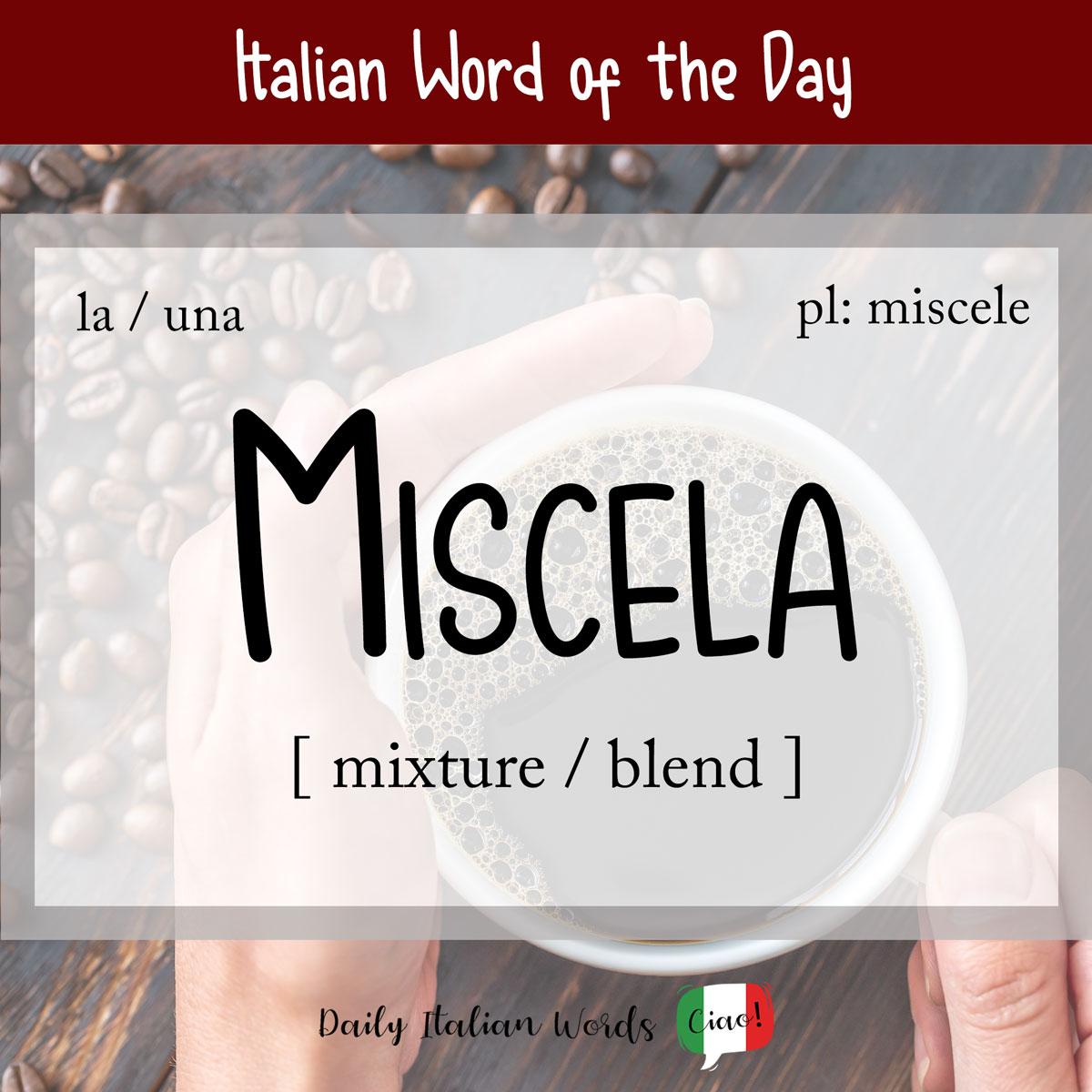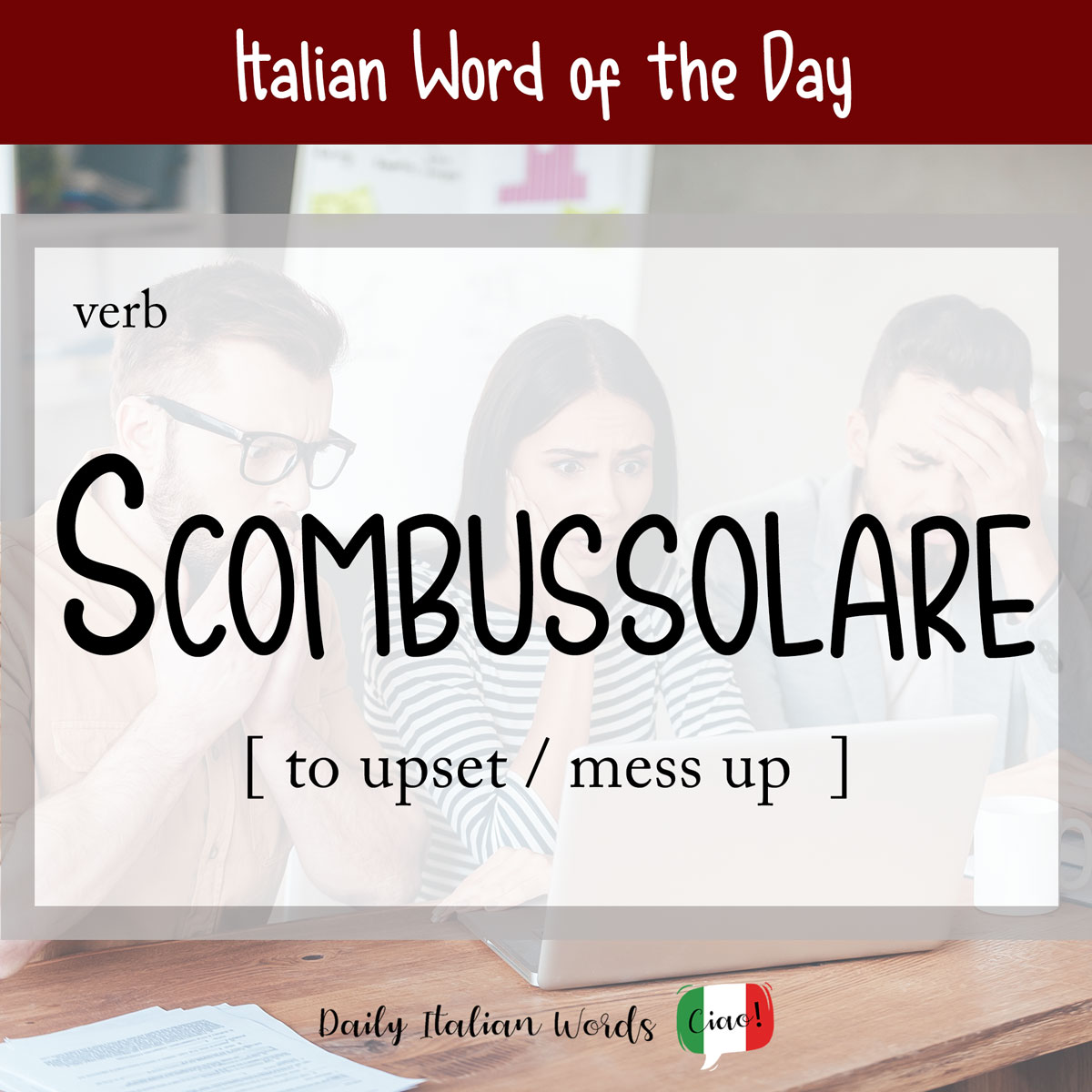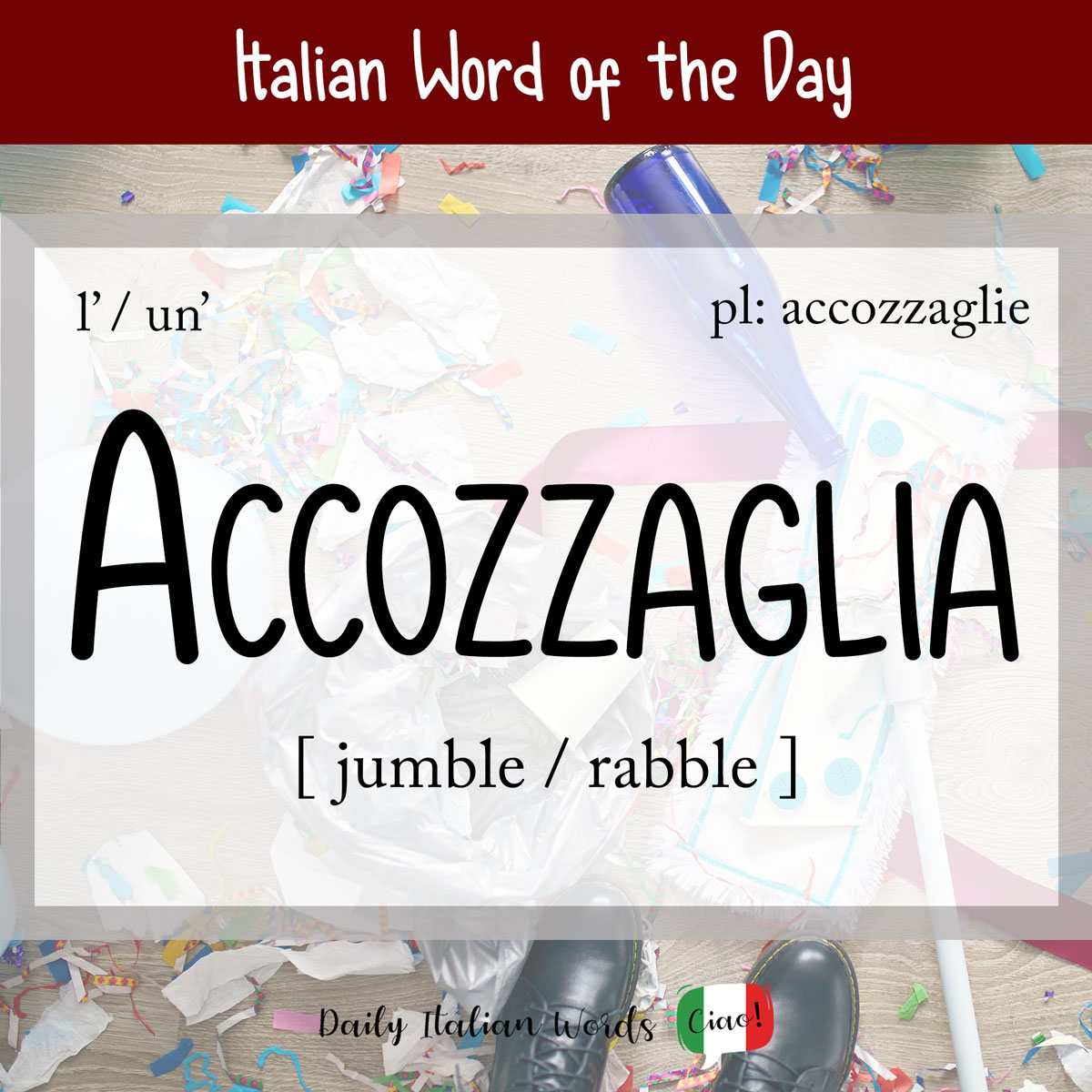Italian Word of the Day: Sovrappensiero (lost in thought)
Do you often find yourself a million miles away while listening to other people speak? Then today’s word is for you! Sovrappensiero is an adverb that means “lost in thought” “absent-mindedly” or “distractedly”. It is the combination of sovra- (a variant of sopra- meaning “above” or “over”) and pensiero (thought). The addition of the extra …






